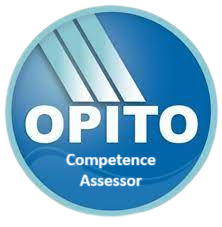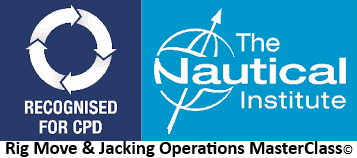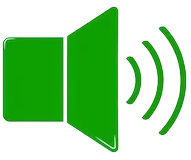Expert Marine Pilotage Training Awaits You
Become an IMO-compliant maritime pilot with our expert training.
Master Ship Handling
Learn safety protocols and IMO regulations effectively.
Navigate busy ports with confidence and precision.
Excel in modern pilotage challenges with expertise.
Safety Protocols
IMO Regulations
About Marine Pilotage
What is the fundamental role of a marine pilot?
A marine pilot's primary function is to navigate ships safely into and out of ports, harbours, rivers, and canals. They possess specialised local knowledge of the waterways, including depths, currents, tides, navigational hazards, and port regulations.
Pilots board vessels to provide expert guidance to the ship's master, assisting with manoeuvres such as berthing, unberthing, anchoring, and navigating confined or challenging waters.
Their expertise is crucial for ensuring the safety of the vessel, its crew, the port infrastructure, and the environment, especially during the often critical phases of arrival and departure.
Expert-led training for maritime professionals to master pilotage and excel in compliance with the international standards are key here, and this is the correct way to start a new career.
Start here with your path to a Successful Career in Maritime Pilotage!
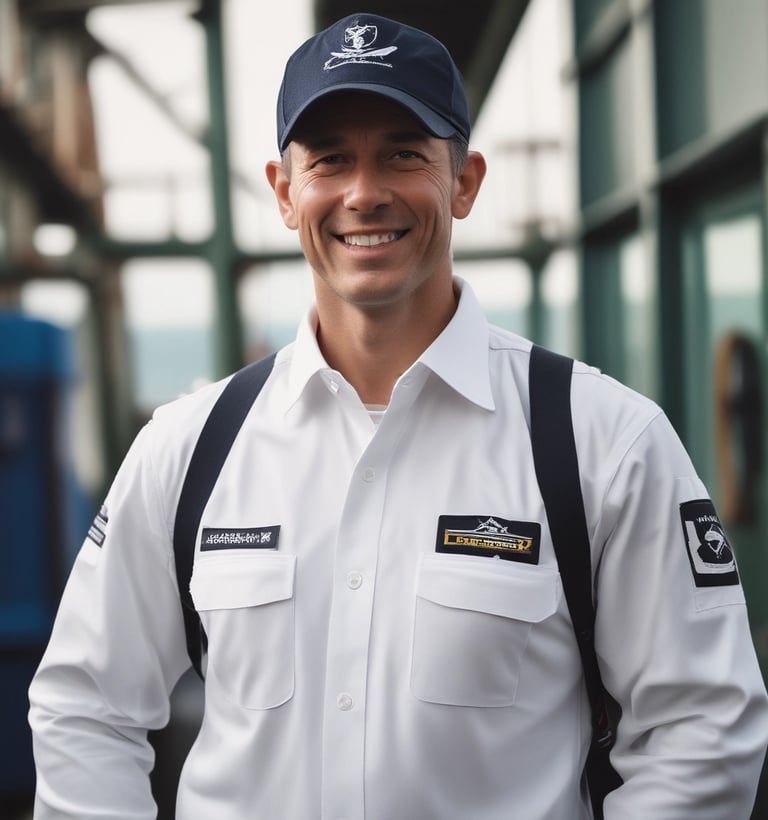



How did marine pilotage develop historically?
The practice of employing local experts to guide ships into ports dates back to ancient civilisations. Evidence suggests the use of such individuals in the Indus Valley, Greece, and Rome, where experienced harbour captains, often local fishermen, were engaged by incoming vessels. In later periods, such as the 15th century, the rise of powerful trading entities like the Dutch challenged existing monopolies and shifted trade routes, highlighting the importance of safe port access facilitated by pilots.
Over time, Maritime Pilotage evolved from informal arrangements to more regulated systems, often tied to maritime authorities or specific legislation, as seen in the historical development of pilotage in the Netherlands and the later establishment of formal pilotage acts in various countries.
The Netherlands is considered a leader in the development of pilotage in Northern Europe. However, a single state-controlled pilotage authority with specially examined and sworn pilots was established later, through the Pilotage Act of 1859.
First Marine Pilots in the Earlies
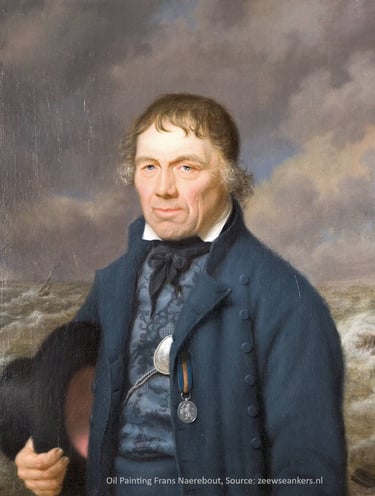

Dutch Frans Naerebout, on the picture, is one of the greatest sea heroes that Vlissingen in The Netherlands has ever had. He was a pilot, not a privateer like the more well-known Michiel de Ruyter. He was someone who saved people’s lives.
On the Boulevard de Ruyter in Vlissingen, where you have a splendid view of the pilot boats sailing in and out, stands a statue of him there in action, ready to throw a rope to someone.
Frans Naerebout was from a humble background.
He started his working life in the same line of business as his father: fishing. But over the years he worked his way up to become a pilot. And that is how he became a national celebrity: by saving sailors on the Westerschelde.
From Fisherman to Pilot and Lifesaver
Buy us a Coffee and Get
Module 1 FREE
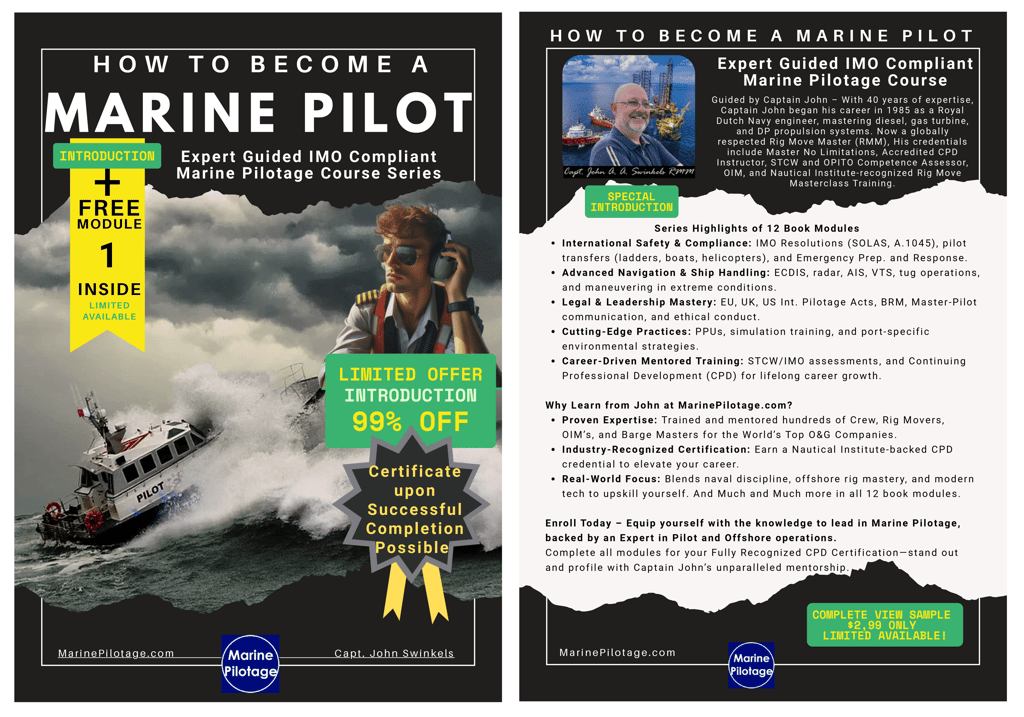



Note:
After your Payment you'll be redirected to download Module 1
Kindly make sure that Popups are Not Blocked and that our email is added to your contacts please! Check your Spam box please!
Types of Pilotage
There are several types of pilotage that can be summarized as follows:
Harbor Pilots: These pilots guide vessels into or out of a port. This can also be referred to as port pilotage or sea pilotage.
River Pilots: These pilots navigate vessels along rivers.
Canal Pilots: These pilots operate in artificial waterways designed for navigation, such as the Suez, Panama, Manchester Ship, North Sea, and Kiel Canals. Pilotage is often compulsory in these areas.
Deep Sea Pilots: These pilots navigate vessels through complex and congested waters such as the North Sea, the English Channel, and the Baltic Sea. This type of pilotage is subject to specific IMO resolutions.
Shore-Based Pilotage: This is defined as pilotage carried out by a licensed pilot from a position other than on board the vessel concerned. However, the European Maritime Pilots’ Association (EMPA) emphasizes that this is not a substitute for on-board pilotage.
Coastal-based pilotage: In some countries, this refers to guiding a vessel along the coast, not necessarily into or out of a port.
Ice Pilotage: This is a specific type of pilotage for navigating vessels in ice-covered waters.
Coastwise pilot: This type of pilot guides domestic vessels into and out of domestic ports and between ports when transits involve inland waters.
Branch pilot: This term originates from a certificate of competency issued by Trinity House in England, authorizing pilotage in specified waters.
Bar pilot: In some East Coast ports, a bar pilot handles the initial pilotage as a vessel crosses a bar. A bar is a shallow, potentially hazardous area at the entrance of a harbor or estuary, formed by the accumulation of sediment, over which a channel typically exists. A bar pilot is specifically responsible for navigating vessels safely across this bar
Docking master: Following a bar pilot, a docking master may be used for the berthing evolutions in some East Coast ports. However, in many other ports, a single pilot handles both piloting and docking tasks.
Pilotage in the towing industry: This involves pilotage for tugs and tows, which can be either inland or coastwise. (Rig Movers and Tow Masters)
Expert Pilot Training
Enroll in IMO-compliant marine pilotage training to master ship handling and safety protocols.


Comprehensive Training Programs
Become an IMO-ready expert in maritime pilotage with our elite training courses.
Safety Protocols Mastery
Learn essential safety protocols to excel as a qualified maritime pilot in challenging environments.
IMO Regulations Expertise
Gain in-depth knowledge of IMO regulations to navigate the world's busiest ports confidently.
Not Only for Men !
More and More Young Professional Women are Seeking Occupation in the Maritime and Marine Pilotage Industry.
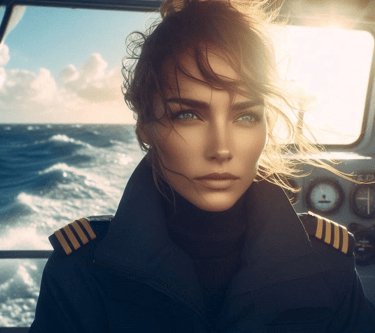

What kind of knowledge and skills are required to become a marine pilot?
Becoming a marine pilot demands a high level of expertise and a comprehensive understanding of various maritime disciplines.
Essential skills include advanced ship-handling, developed through experience in confined waters and with diverse vessel types.
Pilots must possess thorough knowledge of local conditions, including tides, currents, depths, anchorages, and proper courses.
They need to be proficient in using navigational aids and bridge equipment, including radar and electronic devices, and understand their limitations.
Furthermore, pilots must be aware of factors affecting ship performance, such as wind, current, squat, and ship interaction.
Effective communication skills, including the use of standard marine communication phrases and a good command of English, are vital for interacting with the ship's crew and other maritime stakeholders.
Additionally, understanding pilotage legislation, safety procedures, emergency plans, and the principles of the master-pilot relationship are crucial components of a pilot's skillset.
Marine Pilotage Jurisdictions vary significantly across different regions and countries
In General, Compulsory Pilotage Areas
The Master Retains Overall Responsibility and Command for the safety of the vessel. Has the right and duty to Intervene if the pilot's actions endanger the vessel. Must ensure the crew responds to the pilot's orders and provides necessary support. Should monitor the pilot's actions. Must provide the pilot with information about the ship.
Whereas the Pilot
Is Responsible for the Safe Navigation or 'Conduct of Navigation' of the vessel within a pilotage district. Expected to provide Local Knowledge and ship handling expertise. Advises the Master on engine and helm orders. May have a duty to report irregularities.
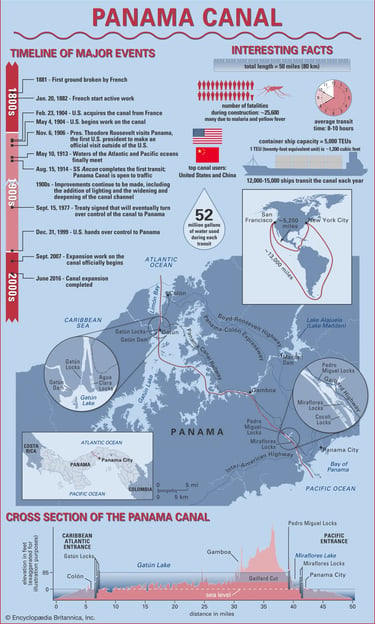

The Course will learn you all the differences between Jurisdictions across Countries as US, UK, France, Denmark, India, Egypt, Japan Norway, Canada, Singapore, Oceania, Suez, Manchester Ship, North Sea, Kiel, Thames, Elbe, Scheldt, Weser and the Panama Canal.

Capt. Kourosh
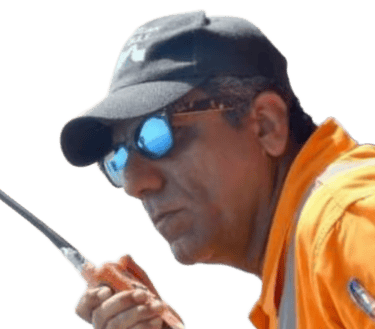

Exceptional training!
I now navigate complex waterways with confidence, thanks to Capt. John’s expert guidance.
Capt. John RMM


5 Star rating
Worldwide vast hands-on field experience, Since 1985
North Sea, Gulf of Mexico, Arabian Gulf, Mediterranean, Singapore Strait, Indian Ocean, Timor Sea, Port of Darwin, Port Hedland, Port Barrow Island and many more.
Further Capt. John is Accredited and Awarded:
STCW on board Competence Assessor
OPITO Competence Assessor
Nautical Institute Recognition for RMJOMC
CPD Instructor Accreditation
Marine Pilotage Certified

Meet your Course Director

Contact Us
Get in touch for expert marine pilotage training inquiries.
[marinepilotage][IMOpilotraining][maritimepilotcareer][shiphandling][pilotagecertification][IMO-complianttraining][marinepilotsalary][howtobecomemarinepilot][portnavigation][IMOSOLAS][marinepilotsimulation][pilottransfersafety][maritimesafety][localknowledge][marinepilotjob][IMOguidelines2025][pilotagebestpractices][marinepilotcourse][shipmaneuvering][IMOcertification][marinepilotexam][portentry][coastalpilotage][IMOstandards][marinepilotcareerguide][pilotvscaptain][pilotagerisk][IMOtraining][marinepilotvlog][shippilotcareer][dayinlife][marineapprenticeship][IMOupdates][marinetools][emergencyshiphandling][pilotagesuccess][interviewtips][IMOcompliance][licensecost][portauthority][IMOmarinesafety][pilotchallenges][masterpilotage][IMO-recognizedcourses][mentorship][shipdocking][marinecareer2025][IMOtransferrules][jobhazards][skillstest][IMOmodelcourse][vlogchannel][step-by-steppilotage][FAQ][IMOmaritimeregs][careergrowth][shipsimulation][IMOtrainingnearme][bestschools][marineequipment][IMOpilotagestandards][joboutlook][IMO-approved][successstories][portrisks][careertips][IMOpilotexam][shipsalary2025][marinepilotreqs][IMO-certified]
TRAINING
Expert-led Maritime Pilotage Training for Professionals.
Site map:
Compliance
© 2025. All rights reserved.
Safety
CPD IMO Compliant Certificate Marine Pilotage
CERTIFICATION


